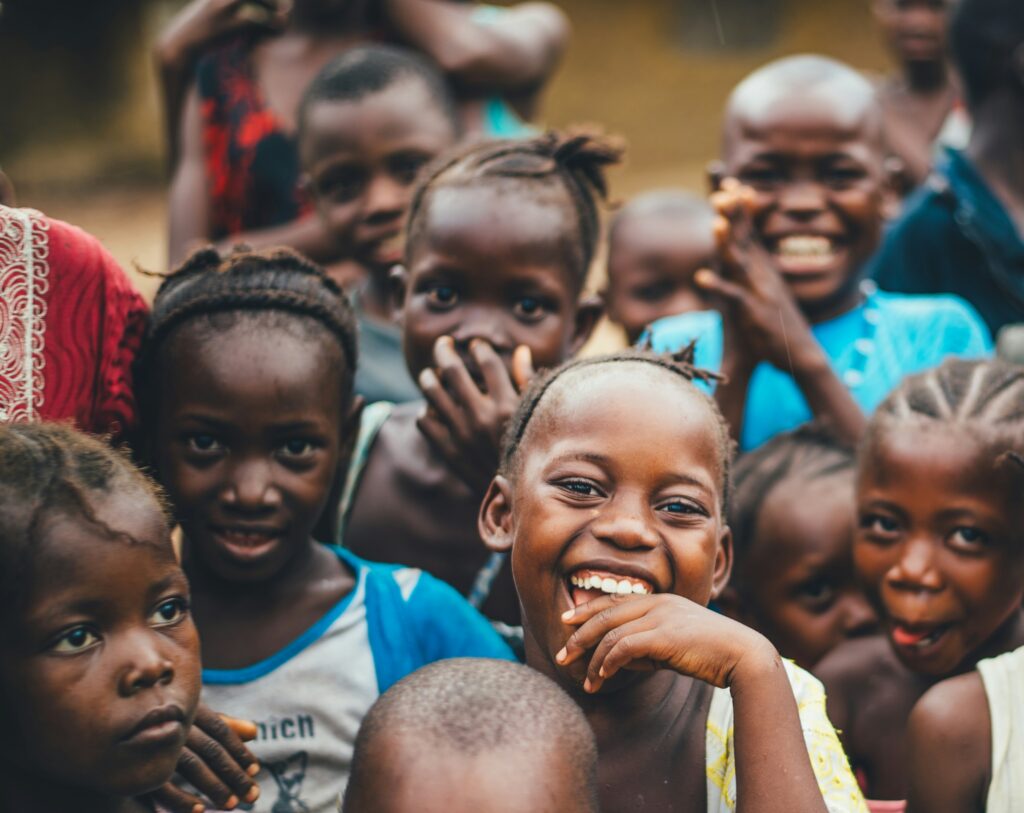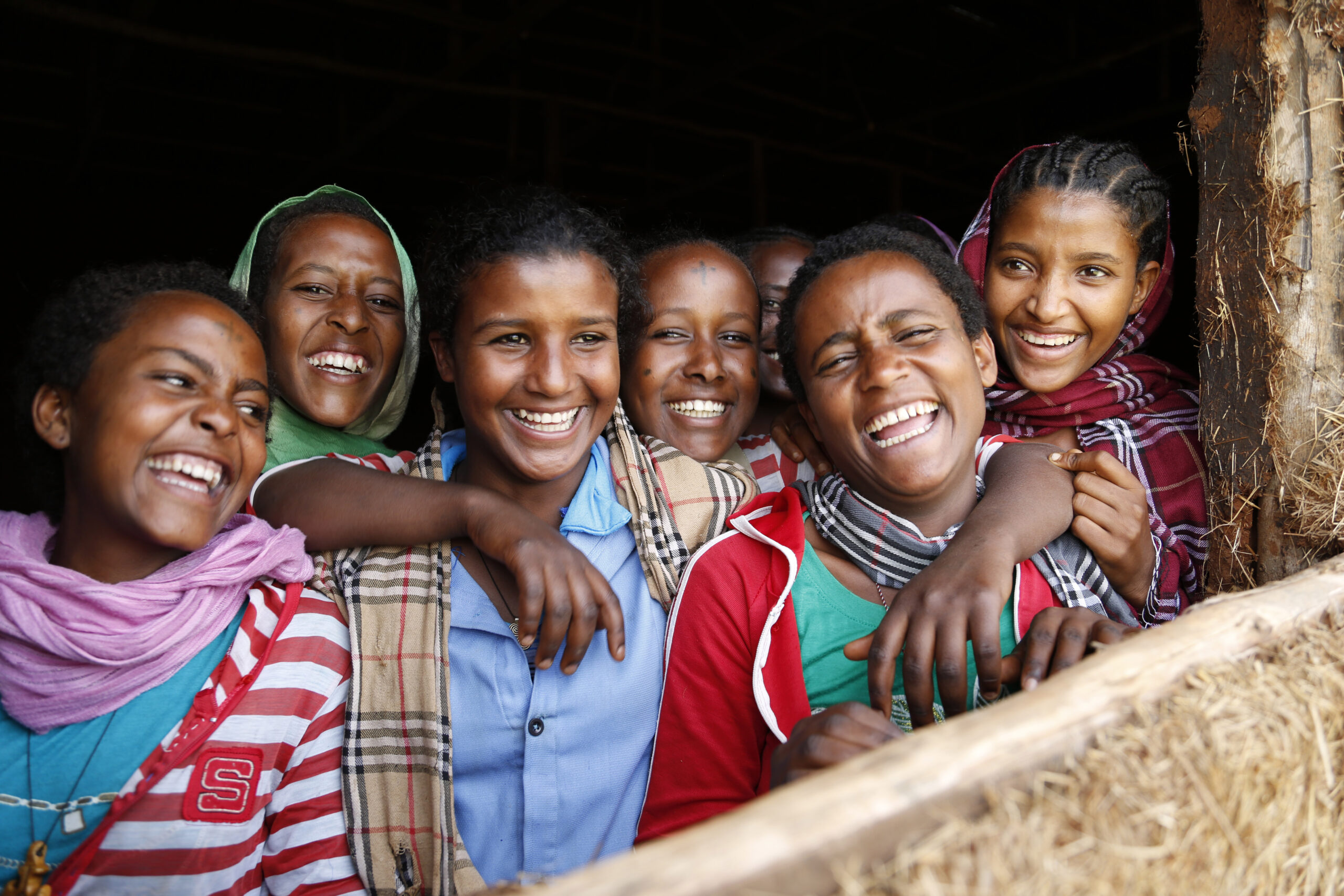CEO Insight: Law as the Architecture of Hope

Hope is a word that surfaces more and more as our world weathers crisis after crisis: renewed hopes for peace, hopes for urgent climate action, hopes for the generations to come. When everything feels lost, this small four-letter word can hold everything together.
But hope is not passive. It is not wishful thinking. True hope is conviction. It is the quiet but unshakable belief that change is possible, even when circumstances scream otherwise. Hope is not waiting. Hope is action.
And yet, in a world scarred by unrelenting conflict, persecution, climate injustice, and systemic inequality, hope is often the first thing stripped away. Without it, individuals and communities are left powerless, diminished, unseen. What is needed most in these moments is the belief, the insistence, that another future is still within reach.
For those struggling for human rights and justice, hope takes on form and weight. It is no longer an idea but a tool, something that can be carried into courtrooms, written into constitutions, and defended in practice. The law, when applied fairly and effectively, becomes a vessel for hope: restoring dignity, recognising rights, and opening doors to accountability. It is not an abstract set of rules. It is structured hope.
At A4ID, we exist at this intersection where ideals meet action. We translate hope into something tangible by equipping communities, activists, and organisations with the legal tools they need to stand tall. This is how hope survives—not as a fragile flame, but as something people can grasp, build with, and pass on.
How law transforms hope into justice
At its core, our work is grounded in a belief: when made accessible and fair, legal systems are engines of hope. For many, however, the law feels out of reach – too complex, too costly, too intimidating. And yet, when barriers are removed, the law has the power to expose injustice, uphold rights, and hold even the most powerful to account.
This is why the rule of law matters. It is more than principle; it is protection. It ensures governments cannot act without limit, that all are equal before the law, and that accountability is not optional but required. The rule of law is the scaffolding of hope, the foundation on which fairer futures can be built.
Our ROLE UK partnership in Sierra Leone demonstrates this. Through the UK Sierra Leone Pro Bono Network, we have strengthened the capacity of legal institutions to improve laws, policies, and practices. In doing so, we help communities build the resilience they need to pursue peaceful, just, and inclusive societies.
Legal expertise as a source of hope
Too often, the benefits of law are locked behind barriers – technical language, procedural complexity, and prohibitive costs. For grassroots organisations on the frontlines of human rights and development, this gap can feel insurmountable, eroding hope.
This is where A4ID steps in. By connecting local struggles with world-class legal expertise on a pro bono basis, we bridge the gap. We help communities bring their cases to court, navigate international frameworks, and strengthen governance systems. In doing so, we transform legal knowledge into empowerment and show that law, in the right hands, is a practical tool for justice.
Our work in Rwanda with the Legal Aid Forum Rwanda has done exactly this: through the Legal Pro Bono Rwanda Programme, we have expanded access to justice for vulnerable communities in Kigali while nurturing a culture of pro bono within the country’s legal profession.
Hope across global challenges
We see the need for hope most starkly in Afghanistan. Since 2021, women and girls have endured at least 70 decrees that target women’s autonomy and rights in almost every area of life. Over 80 per cent have been barred from schools and universities. Countless others are excluded from work, public life, and basic freedoms.
Yet Afghan women continue to resist. They sustain education where they can, uplift each other, and keep speaking out. Their courage testifies to the endurance of hope. But their resistance cannot succeed alone. They need the solidarity of the law and the support of the international community.
The same is true for climate justice, the defining justice challenge of our time. Climate change robs communities of safety and future, despite them having contributed least to the crisis. A4ID strengthens legal capacity for those on the frontlines by helping them pursue litigation, advocate internationally, and demand accountability from governments and corporations.
In Nepal, for example, our work with the Youth Empowerment in Climate Action Platform has helped civil society build powerful coalitions. From peaceful protests to public education campaigns, young people are now shaping climate action across the country – evidence that law, when mobilised, can turn despair into momentum.
A call for hope as a responsibility
Robust legal frameworks are never just words on paper. They are the foundations of justice, accountability, and empowerment. They are what enable marginalised communities to claim rights, demand justice, and refuse exclusion.
Hope is not fragile. It grows stronger when people have the tools to confront injustice and shape their own futures. That is why A4ID exists: because when hope is grounded in law, it becomes justice in action.
For us, law is a living force for dignity and fairness. In an era often defined by cynicism, our mission is simple: to ensure that those who need the law most can use it to defend their rights and create safer, fairer, more equal societies.
And here, I turn to my peers across the legal profession: hope cannot thrive without action. When lawyers step forward, hope gains strength, direction, and real-world impact. Your skills can be the bridge between injustice and empowerment.
This is how justice is done.
This is how a liveable future is created.

